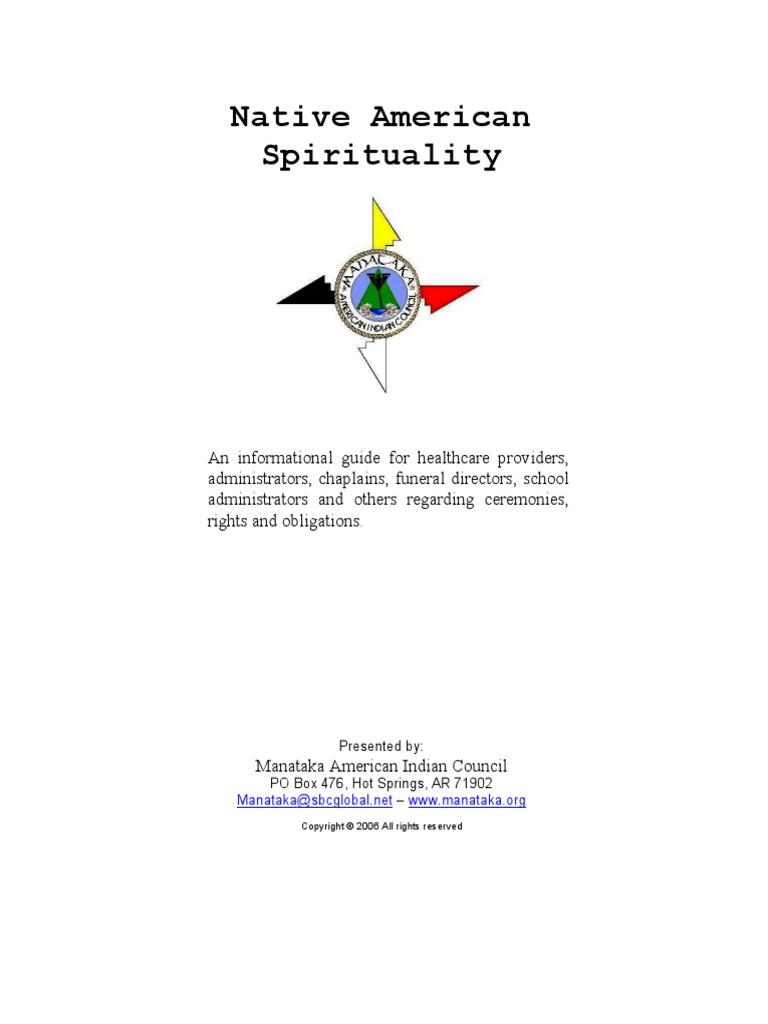The Bahá’í Faith, as an evolving tapestry of unity and diversity, recognizes the rich and profound significance of various spiritual traditions. Among these traditions is Native American spirituality, a paradigm that offers a unique perspective on existence, interconnectedness, and reverence for nature. This discussion on the Bahá’í teachings provides a detailed exploration of the Fourth Answer – Recognizing Native Spirituality, illustrating the harmonious synthesis of Bahá’í principles with those of Indigenous wisdom.
Understanding Native Spirituality
Native American spirituality encompasses an array of beliefs and practices that are deeply rooted in a profound connection to the land, ancestral traditions, and a holistic understanding of the universe. These spiritualities often emphasize the interconnectedness of all living beings, viewing nature not merely as a resource but as a living tapestry infused with spirit and purpose. This worldview nurtures an intrinsic respect for the environment and fosters a deep reverence for ancestral teachings.
Interconnectedness and the Bahá’í Perspective
At the heart of Bahá’í teachings lies the principle of unity, which resonates harmoniously with the core tenets of Native American spirituality. The concept of interconnectedness is pivotal in both traditions. Bahá’í writings advocate for the oneness of humanity and the ecological interdependence of creation. Just as Native spiritualities celebrate the relationship between all entities—be they human, animal, or botanical—the Bahá’í Faith invites adherents to transcend divisions and recognize the sacredness inherent in diversity.
The Role of Nature in Spiritual Practice
For many Native American traditions, nature serves as a sacred teacher, a repository of wisdom that guides individuals on their spiritual journeys. Sacred sites, natural landscapes, and celestial bodies are deeply symbolical, offering a profound connection to the Divine. Such an understanding parallels the Bahá’í appreciation of nature as a reflection of God’s attributes. The Bahá’í Faith encourages exploration of the spiritual dimensions of nature, urging its followers to engage with the natural world as a canvas through which divine realities are manifested.
Rituals and Ceremonies: A Confluence of Practices
Rituals play an essential role in both Native American spirituality and the Bahá’í Faith. In Indigenous cultures, ceremonies often celebrate seasonal cycles, significant life events, and communal identity, serving as a means of reaffirming social bonds and cultural heritage. Similarly, Bahá’í gatherings emphasize communal worship and the collective remembrance of God, cultivating a sense of unity among believers. By recognizing and appreciating the rich tapestry of Native rituals, Bahá’í followers can deepen their own spiritual practices, fostering a culture of inclusivity and understanding.
Ethics and Moral Teachings
Central to both Bahá’í teachings and Native American spirituality are ethical considerations that guide human behavior. Indigenous wisdom often encompasses teachings related to stewardship, respect for the Earth, and the importance of living harmoniously within the community. These principles echo the Bahá’í commitments to service, justice, and the promotion of moral values. As a shared ethical framework, the recognition of Native spirituality enhances the Bahá’í understanding of responsibilities toward the Earth and humanity, thus reinforcing the imperative of moral action as a spiritual endeavor.
Harvesting Wisdom: Learning from Ancestral Narratives
Stories and myths are vessels of wisdom in Native American spirituality, often encapsulating essential truths about existence, morality, and the relationship between humanity and the cosmos. These narratives provide insight into the values that guide Indigenous communities, illustrating the importance of resilience, courage, and harmony. The Bahá’í Faith, similarly, is rich with sacred literature and historical narratives that enlighten its followers about the power of unity, sacrifice, and the unfolding of divine guidance in human affairs. Acknowledging and sharing these narratives can lead to a deeper understanding of spirituality across cultural divides.
Dialogues of Understanding: Bridging Cultures
In an era of globalization, the opportunity to engage in dialogues that recognize and celebrate diverse spiritualities is vital. The Bahá’í teachings advocate for a global perspective that honors each tradition’s unique contributions to the collective human experience. By learning about Native American spirituality, Bahá’ís can cultivate deeper relationships with Indigenous communities, foster mutual respect, and challenge misconceptions. This reciprocal exchange of knowledge and understanding can pave the way for collaborative efforts in social justice, environmental stewardship, and cultural preservation.
A Vision for a Harmonious Future
The recognition of Native spirituality within the framework of Bahá’í teachings is not merely an academic exercise; it is a calling toward a visionary future where unity in diversity is celebrated. Embracing Indigenous wisdom enriches the Bahá’í understanding of humanity’s spiritual journey and invites all to engage in the sacred act of creation stewardship. It empowers individuals to transcend differences and build a global community rooted in compassion, justice, and a reverence for all life.
Conclusion: A Sacred Dialogue
As the Bahá’í Faith continues to unfold in a world marked by complexity and division, the recognition of Native American spirituality emerges as an essential pillar in the pursuit of unity. This sacred dialogue holds the promise of deepening spiritual understanding, nurturing a shared commitment to ethical living, and fostering a profound connection to the natural world. Ultimately, it invites all seekers of truth to embrace the richness of diverse spiritual traditions, recognizing that in the dance of existence, each belief system contributes to the luminous tapestry of life.
